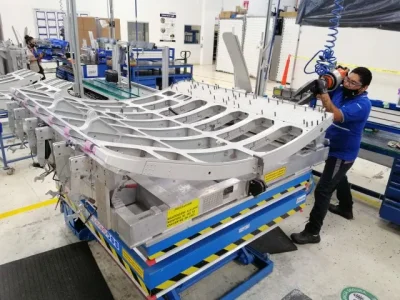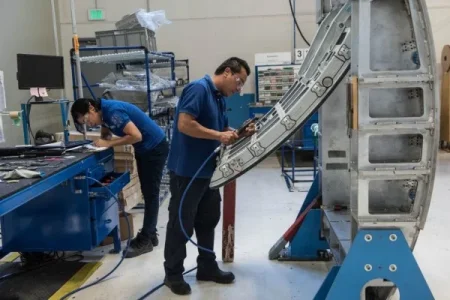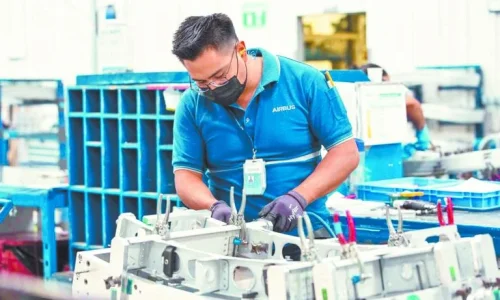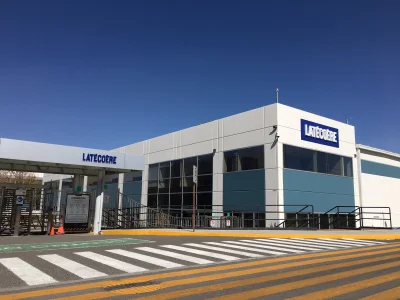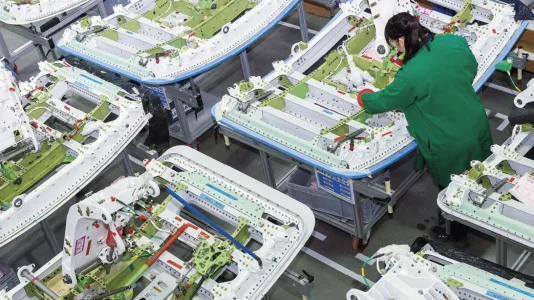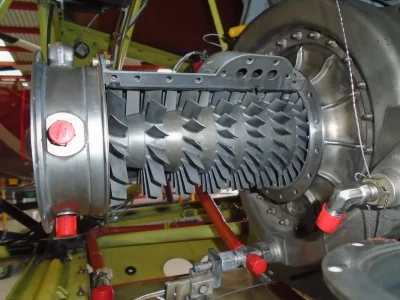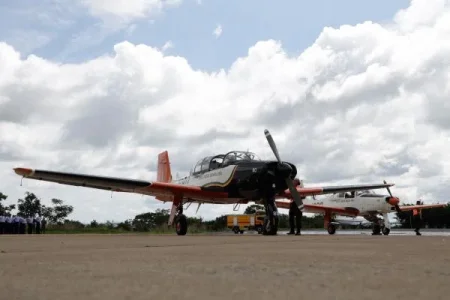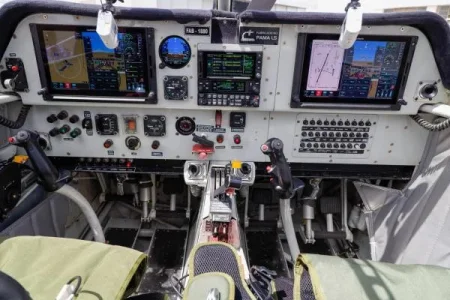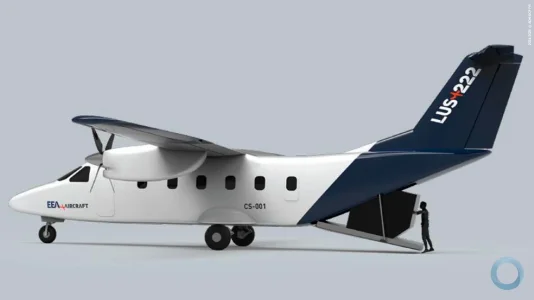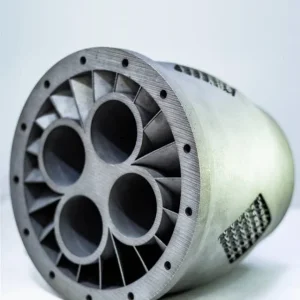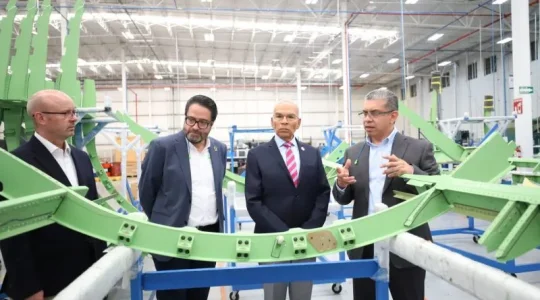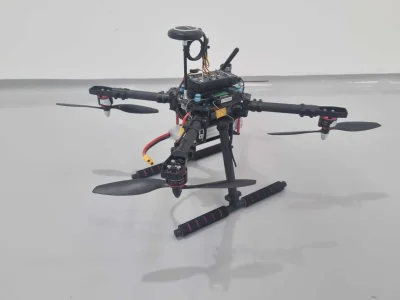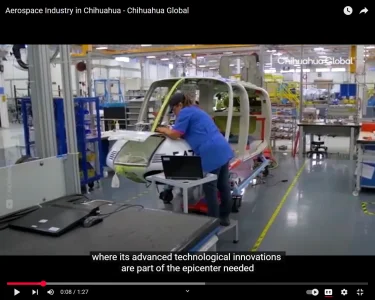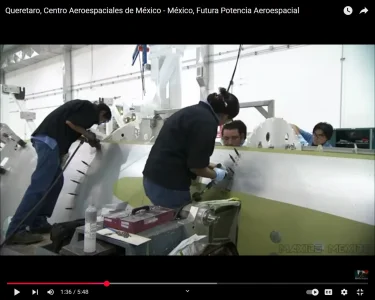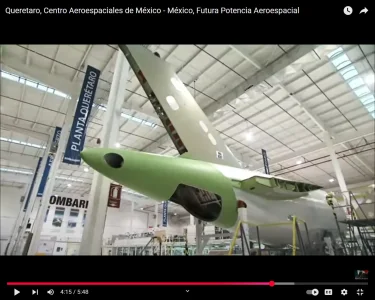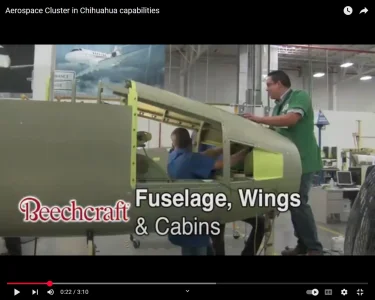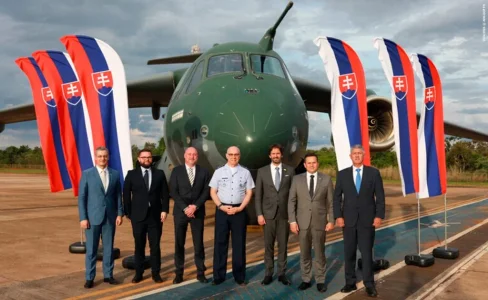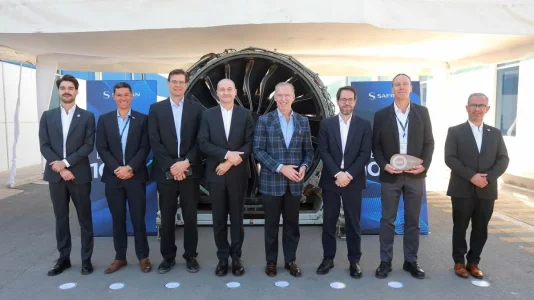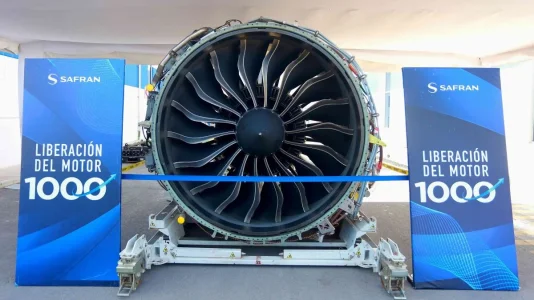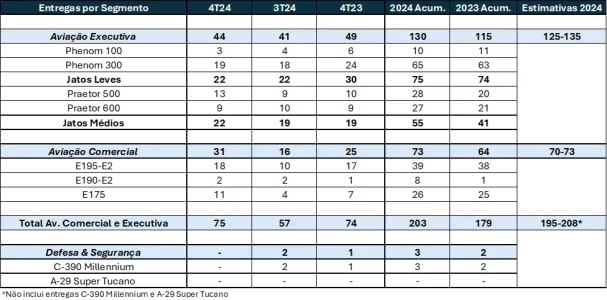- Joined
- Jul 3, 2024
- Messages
- 1,494
- Likes
- 2,100
THE INTRODUCTION OF THE E190-E2 COULD INDICATE A PROMISING LONG-TERM FUTURE IN THE REGION
Embraer Virgin Australia
The order for eight Embraer E190-E2s placed by Virgin Australia Regional Airlines (VARA) in August marks a significant shift in the Australian air transport market for the mining sector, known as Fly-In Fly-Out (FIFO), according to Cirium.
For decades, this market has relied on the use of older aircraft for low-utilisation operations. These new aircraft will replace the Fokker 100s still operated by the airline.
Western Australia is a key region for the extraction of minerals such as iron, nickel-copper and gold. Numerous mining sites in the country's interior rely on air connections to transport workers, usually to and from Perth.
For example, at Christmas Creek Mine, a Fokker 100 operates daily round-trip flights on a 1 hour 40 minute journey. Runways may be paved or unpaved, with minimal infrastructure typically including only a parking apron and basic amenities.
FIFO flights typically employ regional aircraft, including jets such as the Airbus A319/A320 and the De Havilland Canada Dash 8.
The market for large regional jets in Australia has grown from approximately 80 aircraft a decade ago to over 100 today. These aircraft are used both on scheduled flights and on charter contracts for FIFO operations.
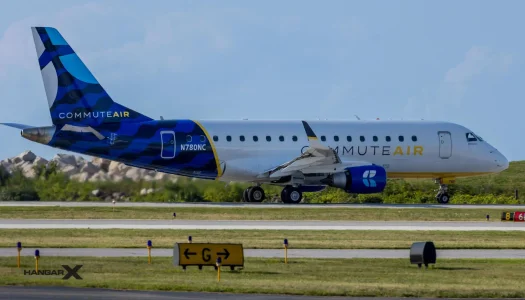
The Fokker 100 has been the core of this fleet, operated by Alliance Airlines, Network Aviation and VARA. At its peak in 2018, the Fokker 100 fleet numbered 56 aircraft, but has now been reduced to 43, mainly because VARA reduced its fleet from 21 to seven aircraft.
Network Aviation, owned by Qantas and operating as QantasLink on scheduled and charter routes, has 14 Fokker 100 aircraft, plus Airbus and one E190.
Australia has also emerged as a key market for used E190s.
Alliance Airlines, which operates 21 Fokker 100s and 10 Fokker 70s, has been growing its E190 fleet. It has acquired 67 aircraft, initially from American Airlines and Copa Airlines, and is currently adding 30 ex-JetBlue aircraft, which are expected to be completed by mid-2026 through AerCap.
Not all of these aircraft will enter service, as Alliance has sold some airframes and engines after using them as a source of spares.
Alliance currently has 30 E190s in operation, using them for both FIFO flights and QantasLink, where Qantas owns a stake in the airline.
National Jet Express has also expanded its E190 fleet to seven, replacing its aging BAe 146s.
The Australian market continues to offer opportunities for the addition of more E190s, especially as replacements for the Fokker 70/100s.
In addition, the introduction of the E190-E2 could signal a promising long-term future for next-generation aircraft.

 a21.com.mx
a21.com.mx
Embraer Virgin Australia
The order for eight Embraer E190-E2s placed by Virgin Australia Regional Airlines (VARA) in August marks a significant shift in the Australian air transport market for the mining sector, known as Fly-In Fly-Out (FIFO), according to Cirium.
For decades, this market has relied on the use of older aircraft for low-utilisation operations. These new aircraft will replace the Fokker 100s still operated by the airline.
Western Australia is a key region for the extraction of minerals such as iron, nickel-copper and gold. Numerous mining sites in the country's interior rely on air connections to transport workers, usually to and from Perth.
For example, at Christmas Creek Mine, a Fokker 100 operates daily round-trip flights on a 1 hour 40 minute journey. Runways may be paved or unpaved, with minimal infrastructure typically including only a parking apron and basic amenities.
FIFO flights typically employ regional aircraft, including jets such as the Airbus A319/A320 and the De Havilland Canada Dash 8.
The market for large regional jets in Australia has grown from approximately 80 aircraft a decade ago to over 100 today. These aircraft are used both on scheduled flights and on charter contracts for FIFO operations.

The Fokker 100 has been the core of this fleet, operated by Alliance Airlines, Network Aviation and VARA. At its peak in 2018, the Fokker 100 fleet numbered 56 aircraft, but has now been reduced to 43, mainly because VARA reduced its fleet from 21 to seven aircraft.
Network Aviation, owned by Qantas and operating as QantasLink on scheduled and charter routes, has 14 Fokker 100 aircraft, plus Airbus and one E190.
Australia has also emerged as a key market for used E190s.
Alliance Airlines, which operates 21 Fokker 100s and 10 Fokker 70s, has been growing its E190 fleet. It has acquired 67 aircraft, initially from American Airlines and Copa Airlines, and is currently adding 30 ex-JetBlue aircraft, which are expected to be completed by mid-2026 through AerCap.
Not all of these aircraft will enter service, as Alliance has sold some airframes and engines after using them as a source of spares.
Alliance currently has 30 E190s in operation, using them for both FIFO flights and QantasLink, where Qantas owns a stake in the airline.
National Jet Express has also expanded its E190 fleet to seven, replacing its aging BAe 146s.
The Australian market continues to offer opportunities for the addition of more E190s, especially as replacements for the Fokker 70/100s.
In addition, the introduction of the E190-E2 could signal a promising long-term future for next-generation aircraft.

Crece flota de aviones Embraer en Australia: Cirium
El pedido de ocho Embraer E190-E2 realizado por Virgin Australia
 a21.com.mx
a21.com.mx


